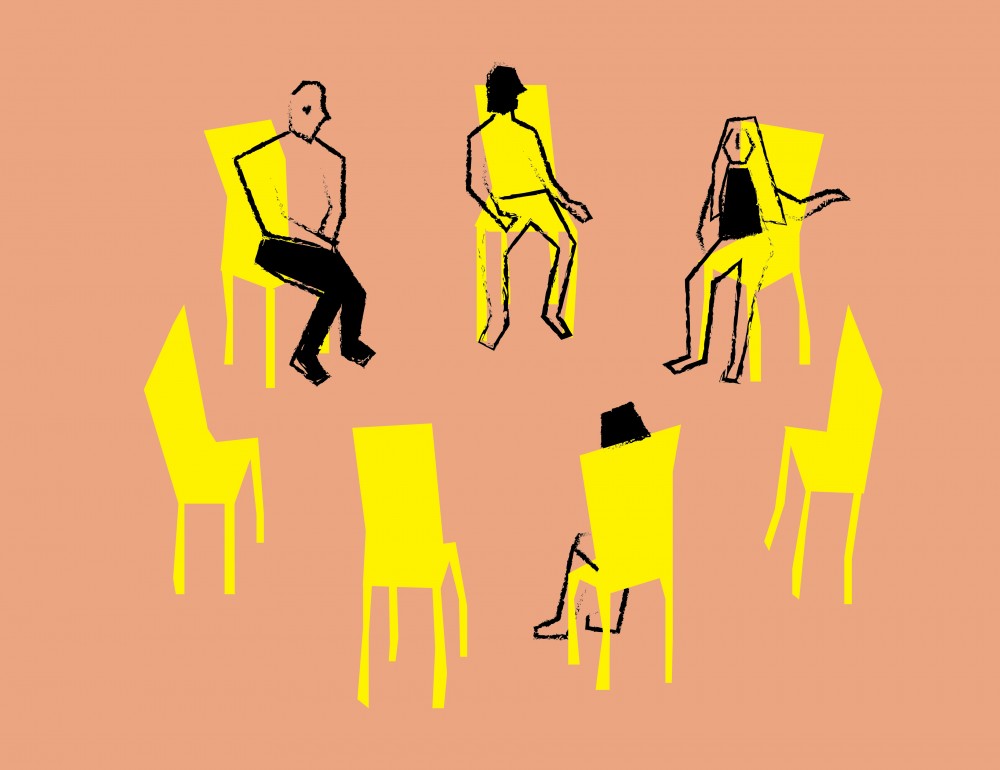New group therapy options at the University of Minnesota will offer tailored support to students, with groups ranging from animal therapy to anxiety support.
After seeing a growing demand for mental health services, Boynton Health doubled its group therapy options this semester by creating six new therapy groups — ranging in focus from animal therapy to gender identity.
The groups, which meet several times throughout a semester, are an alternative way for students to participate in therapy, said Michelle Krypel, group program coordinator for Boynton.
Before joining a group, a counselor evaluates if a student qualifies, depending on the group’s focus. “They’re very powerful because in addition to getting guidance and expertise from a trained therapist, they also get to hear from their peers and learn from their peers,” Krypel said.
While some students may be hesitant opening up in a group, Krypel said everyone must adhere to a set of rules discussed in the screening process, such as general confidentiality and a bar on social media interaction until the group ends.
Boynton bills a student’s insurance for group therapy, but any out of pocket costs is covered by Student Services Fees, Krypel said.
For students who don’t want their insurance billed, SCS offers free counseling groups, like workshops and counseling groups, that are similar to Boynton’s. There is no attendance limit for students, said Jake Loeffler, outreach coordinator for SCS.
Another group therapy option on campus is Students Supporting Students, which offers a casual support-group environment where students can discuss mental health with other students.
The group was created after the founders recognized there were not any entry level, non-professional ways for students to discuss mental health on campus, said Amber McLaughlin, the group’s president and one of its founding members.
“We’re very peer based, we’re completely run by students. I compare it to us being the small business and [other options] are corporate. We’re focused on student concerns, and it’s more like talking to your friends versus talking to a superior,” McLaughlin said.
“As the semester goes on, it really becomes about the connections they have with each other. There’s so much relief in it to know that you’re not alone and that you have similar experiences to other students. I think there’s a lot of power in that,” she said.








